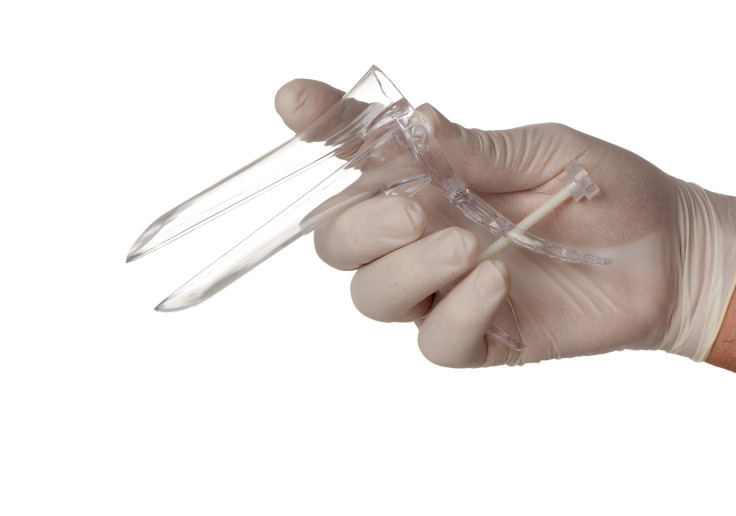Urine HPV Test Should Soon Replace Invasive, Unpopular Pap Smears, Doctors Say

No doubt there is more unpleasantness associated with female reproductive health than male. Aside from the business of carrying and delivering babies, women have to put up with uncomfortable examinations to guard against various infections and cancers. It's fantastic news then that doctors in Britain and Spain have concluded urine tests are sufficiently effective at detecting human papillomavirus, or HPV, and could someday replace the invasive Pap smear.
"Detection of HPV in urine would offer a more accessible and acceptable method," write the authors in a new paper published in the British Medical Journal. An accompanying editorial by gynecologists at the University of Manchester explains the need for the testing alternatives. Fewer than 80 percent of British women — and especially those aged between 25 to 30 — bother to screen for HPV, a sexually transmitted infection that can lead to cervical cancer (among other types of cancer). This, despite the fact that every non-vaccinated, sexually active person is likely to contract HPV in their lifetime.
The researchers found that urine samples gave a relatively accurate reading on HPV using an analysis of the DNA contained in urine. Looking at the results of tests on 1,443 sexually active women, they found that urine tests correctly identified positive HPV results 87 percent of the time and 73 percent of the time for the "high-risk" types of HPV, which are more likely to cause cervical cancer. The urine HPV tests were more accurate when it came to proving negative results (94 percent correct or higher). The scientists say more research is needed before urine HPV tests are released to the market.
"If serious consideration is to be given to using urine HPV testing in cervical screening programmes, then further evaluation is essential," the editorial authors wrote. But they say the tool could be a strong new defense against cervical cancer, which is relatively easy to prevent — but only if the victims are aware of it. According to the National Cancer Institute, cervical cancer has killed more than 4,000 American women so far this year.
Globally, the problem is much more lethal, and more HPV screenings are desperately needed. Of the 270,000 women who die from cervical cancer each year, 85 percent are from middle- and low-income countries, the World Health Organization reports. Self-screening for HPV through urine-based testing could dramatically increase screening coverage.
H.C. Kitchener and G.M. Owens. Urine testing for HPV: a promising screening option that deserves further evaluation. British Medical Journal. 2014.
Published by Medicaldaily.com



























